CBD vs THC: Exploring the Differences and Similarities

When navigating the complex world of cannabinoids, two names stand out: CBD (cannabidiol) and THC (tetrahydrocannabinol). While both compounds are integral to the cannabis plant’s makeup, their effects on the human body are distinctively different, often leading to confusion about their uses and benefits. So, let’s compare CBD vs. THC.
Chemical Structure
The molecular structure of CBD and THC are the same:
- 21 carbon atoms
- 30 hydrogen atoms
- 2 oxygen atoms
However, the arrangement of these atoms differs, leading to different effects on the body. This slight variance influences how each cannabinoid interacts with the body’s endocannabinoid system (ECS).

Psychoactive Components
- THC: It is best known for its psychoactive effects, which is the “high” associated with marijuana. THC binds with the cannabinoid 1 (CB1) receptors in the brain, producing euphoria and relaxation.
- CBD: Unlike THC, CBD is non-psychoactive. It does not produce a high because it does not bind strongly with CB1 receptors. Instead, CBD can help moderate the effects of THC by altering its binding to CB1 receptors, often reducing the psychoactive impact.
Legal Status
- THC: Under the United States’ Controlled Substance Act, THC’s classification is that of a Schedule I substance. It’s considered to have a high potential for dependency and no accepted medical use, meaning it’s found to be addictive with no recognized medical benefits. However, several states have legalized THC for medical and recreational use.
- CBD: Following the 2018 Farm Bill, CBD is legal at the federal level when derived from hemp (cannabis with less than 0.3% THC by dry weight). However, if derived from marijuana, CBD’s legality depends on the state laws regarding marijuana.
Medical Benefits
Both CBD and THC have similar medical advantages, including relief from pain and nausea, as well as anti-inflammatory properties. Here’s how they differ in their therapeutic uses:
CBD is often utilized for managing:
- Anxiety and depression
- Seizures
- Inflammatory conditions
- Migraines
- Mental disorders and addiction
THC is favored for its ability to:
- Enhance appetite
- Decrease pressure inside the eye, which can help with glaucoma
- Improve sleep quality
Side Effects
The side effects of each cannabinoid also differ due to their distinct chemical makeups:
- CBD: Generally well-tolerated, CBD may cause mild side effects such as fatigue, dry mouth, and reduced appetite. It can also interact with other medications.
- THC: Known side effects include increased heart rate, coordination problems, dry mouth, red eyes, slower reaction times, memory loss, and anxiety.
Understanding CBD vs THC is crucial for anyone looking to integrate these cannabinoids into their health regimen responsibly. While both have benefits and potential uses, their effects and legal status vary significantly. Whether choosing CBD, THC, or both, always ensure you are complying with state laws and consult with a healthcare provider to tailor their use effectively and safely according to your health needs. As research continues to advance, the potential for both CBD and THC in medical and wellness spheres will undoubtedly expand, providing more nuanced ways to harness their benefits.
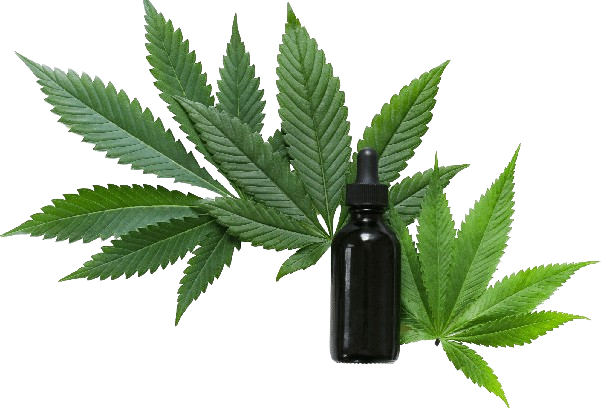 Join our Wellness JourneySign up for our newsletter and get wellness tips, recipes, and discounts directly to your inbox. |
What Our Customer Say

“The size is perfect and they are crunchy and my little. Nina really likes them.”
~ Dee R.
Pet Treats: 300mg
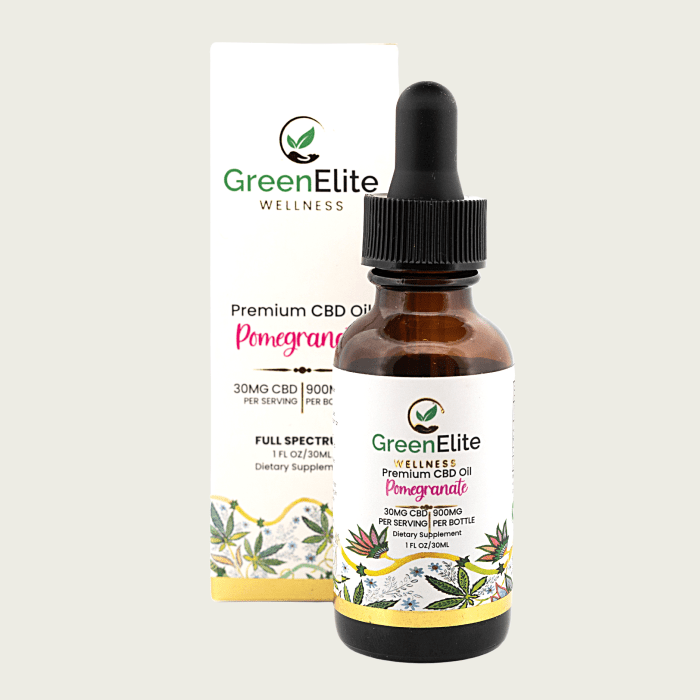 Premium Organic Full Spectrum CBD Oil: Pomegranate 900mg 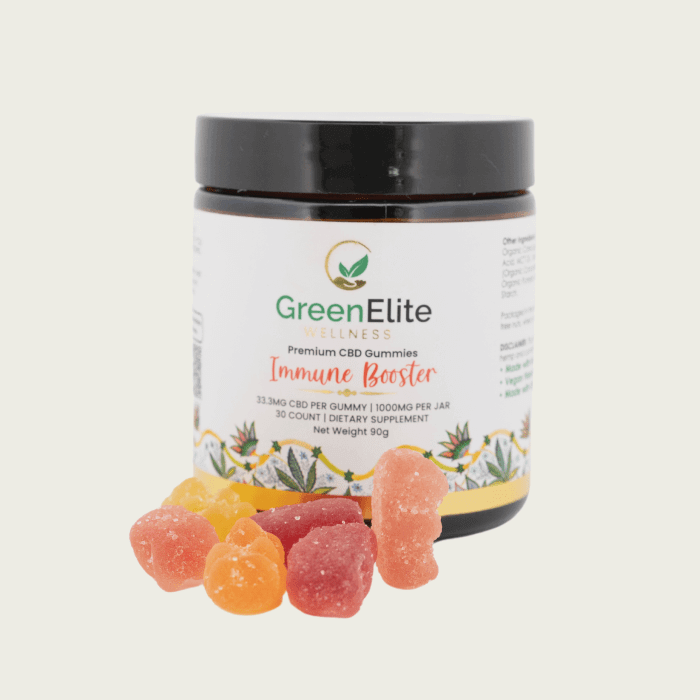 Immune Booster CBD Gummies: 1000mg 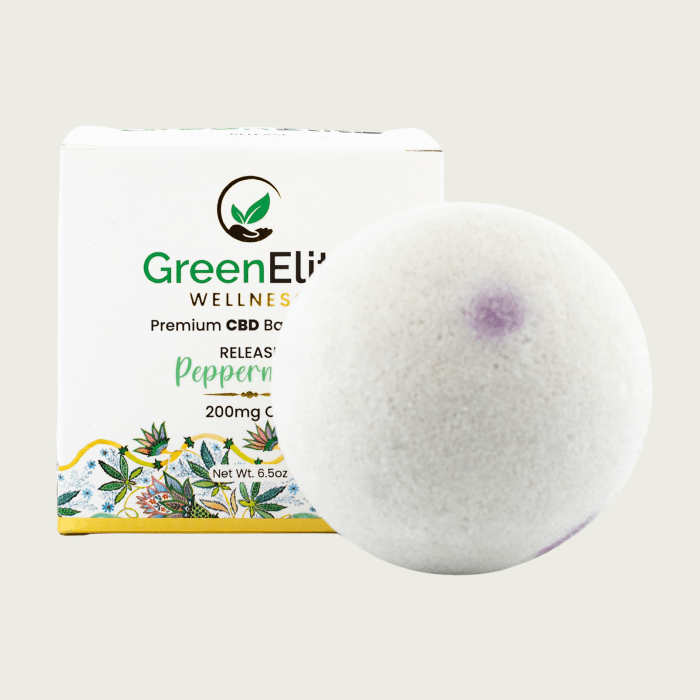 200mg Pure CBD Bath Bomb : Peppermint 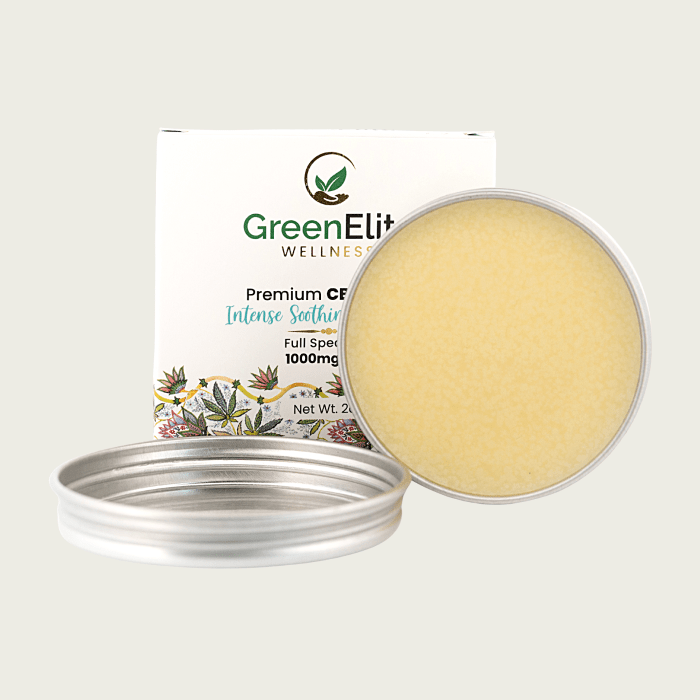 CBD Salve: 1000mg |
